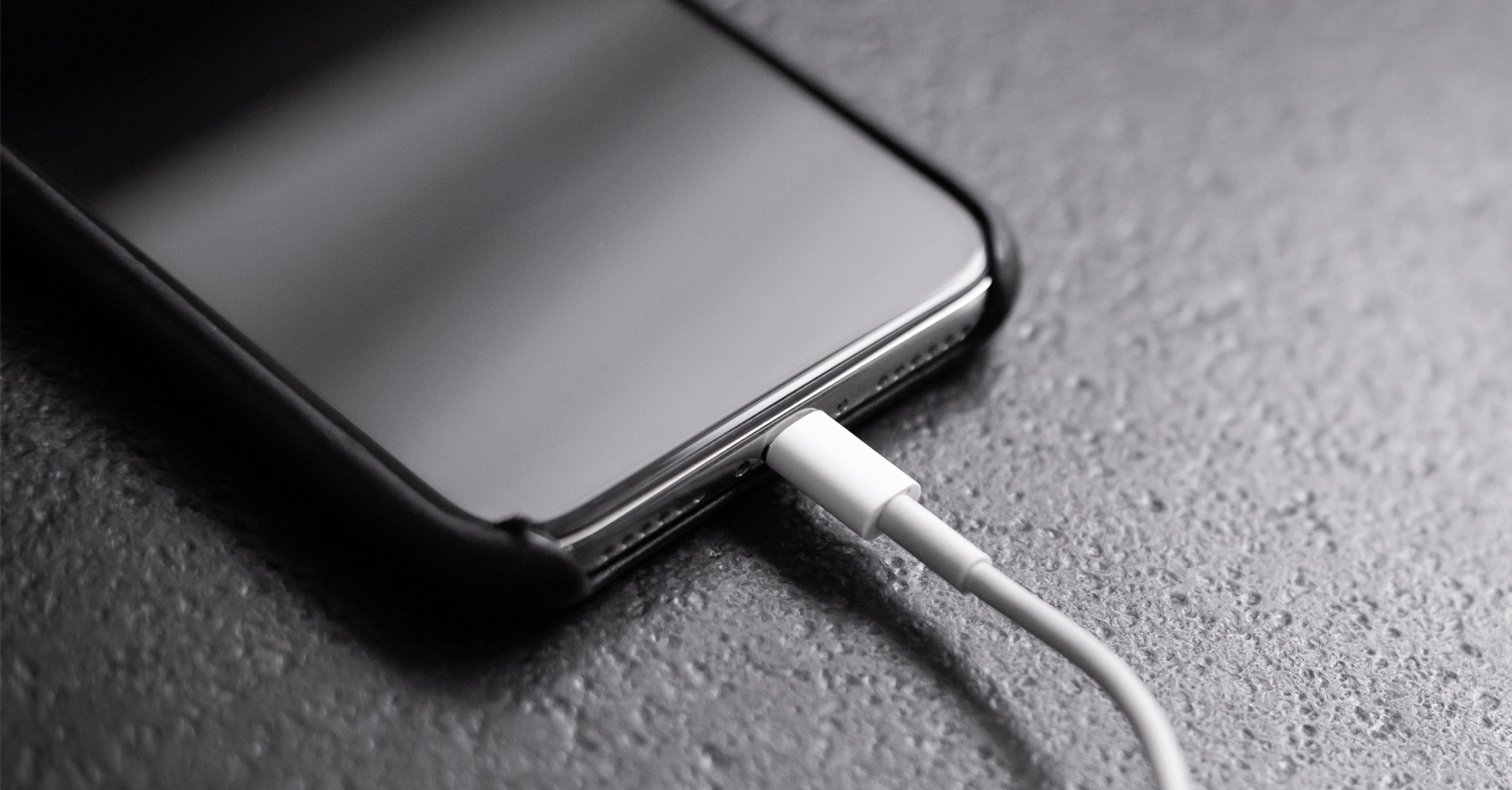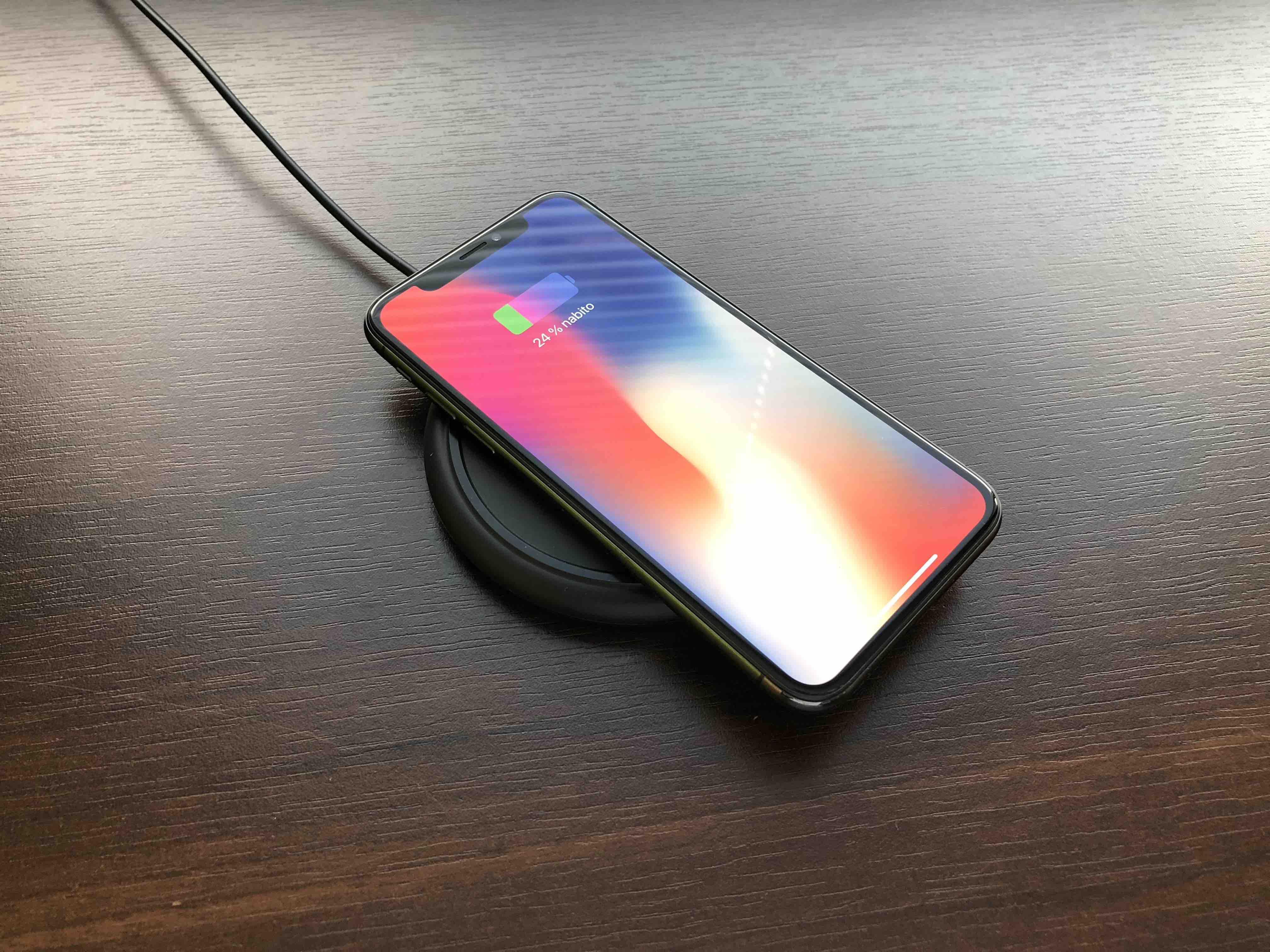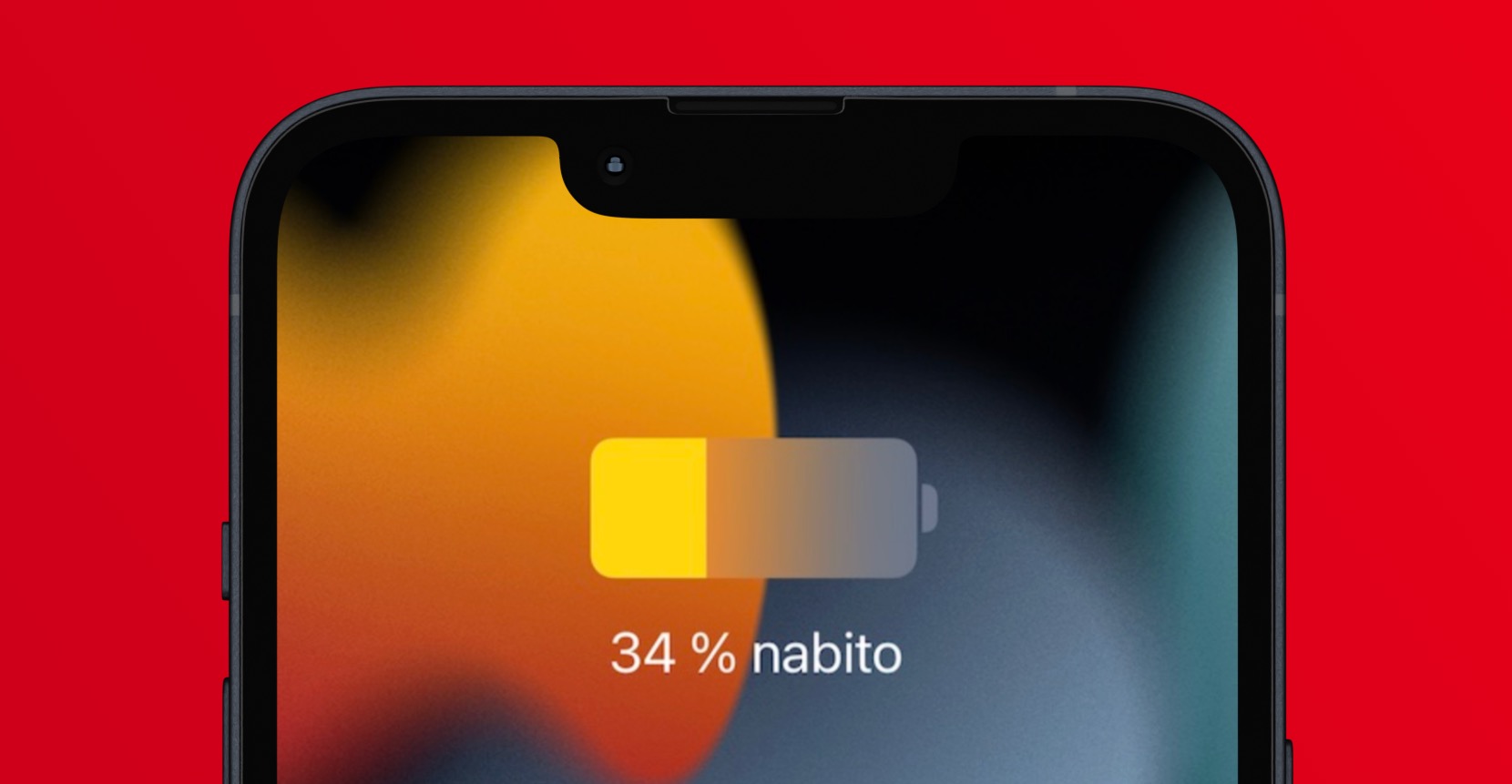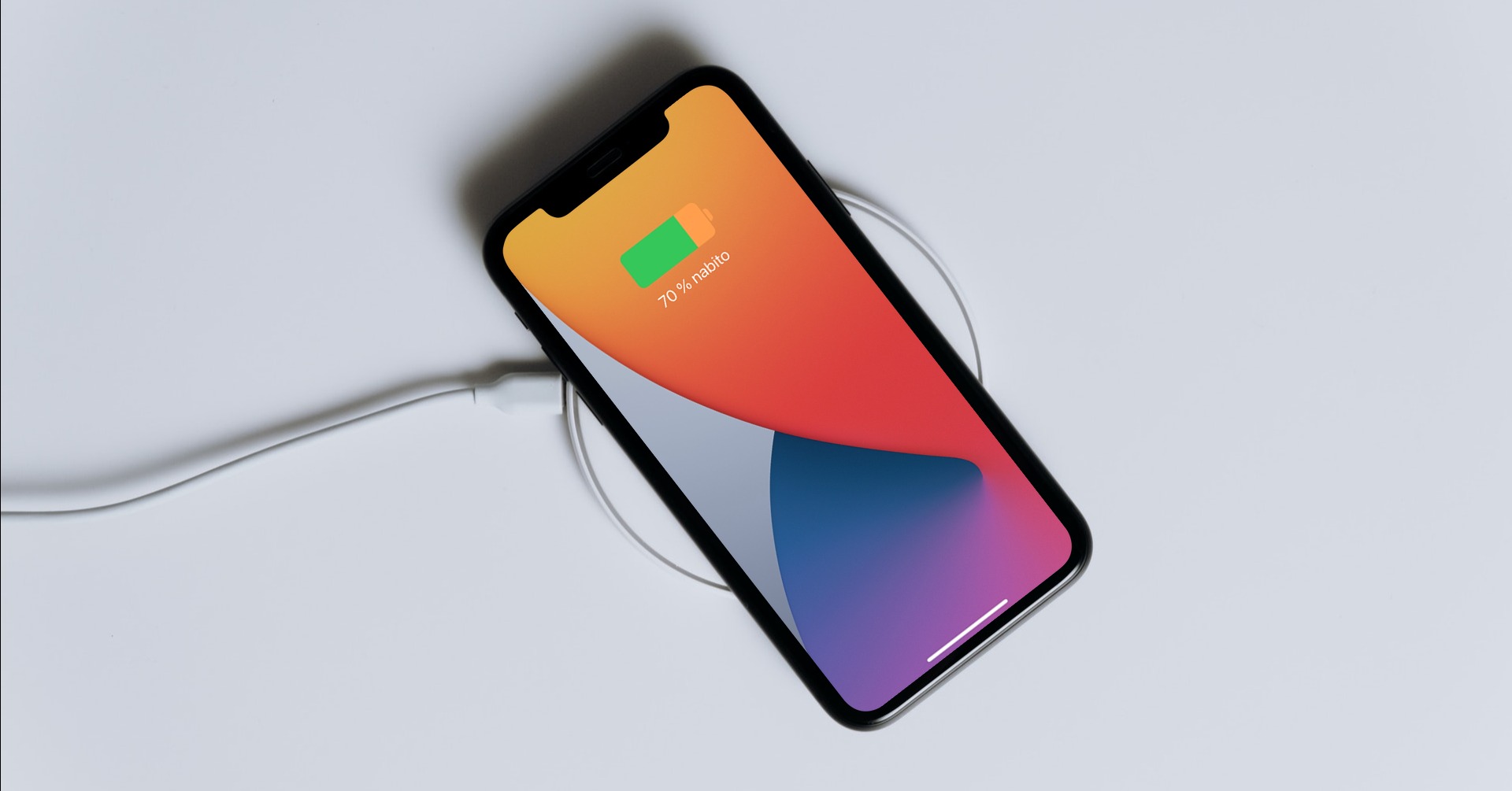iPhones have seen a number of interesting improvements over the past few years. Both the design itself, as well as the performance and individual functions, have changed significantly. In general, the entire mobile phone market is moving forward at a rocket pace. Despite this development, some myths that (not only) smartphones have accompanied for many years still persist. A great example is charging.
It could be interest you
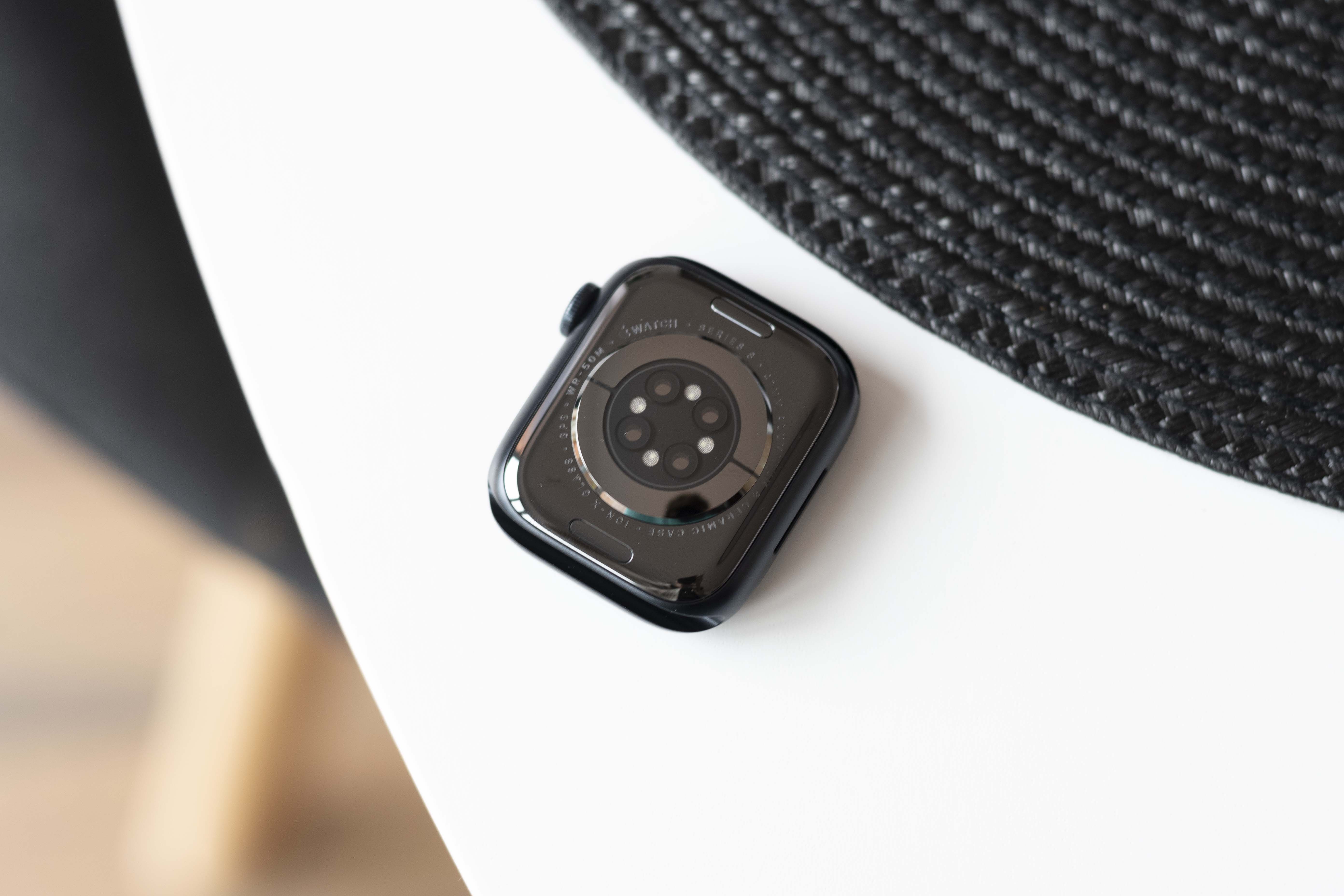
On discussion forums, you can come across a lot of recommendations that try to advise how you should properly power your iPhone. But the question is: Do these tips make sense at all, or are they long-lived myths that you don't need to pay attention to? So let's focus on some of them.
The most common myths about power supply
One of the most widespread myths is that you damage the battery by overcharging. Because of this, some Apple users, for example, do not charge their iPhone overnight, but always try to disconnect it from the source when recharging. Some even rely on timed outlets to automatically turn off charging after a certain amount of time. Fast charging is also closely related to this. Fast charging works quite simply - more power is put into the device, which can charge the phone significantly faster. But it also has its dark side. Higher power generates more heat, which theoretically can result in overheating of the device and its subsequent damage.
Another well-known mention is also related to the first mentioned myth, that you should connect the phone to the power supply only when its battery is completely discharged. Paradoxically, in the case of today's lithium-ion batteries, it is exactly the opposite - final discharge results in chemical wear and a reduction in service life. We'll stay with lifespan for a while. It is often mentioned that the lifespan itself is limited to a certain time. It is partially correct. Accumulators are consumer goods that are subject to the aforementioned chemical wear. But this does not depend on age, but on the number of cycles (in the case of proper storage).
The most common myths about charging iPhones:
- Overcharging damages the battery.
- Fast charging reduces battery life.
- You should only charge the phone when it is completely discharged.
- Battery life is limited in time.
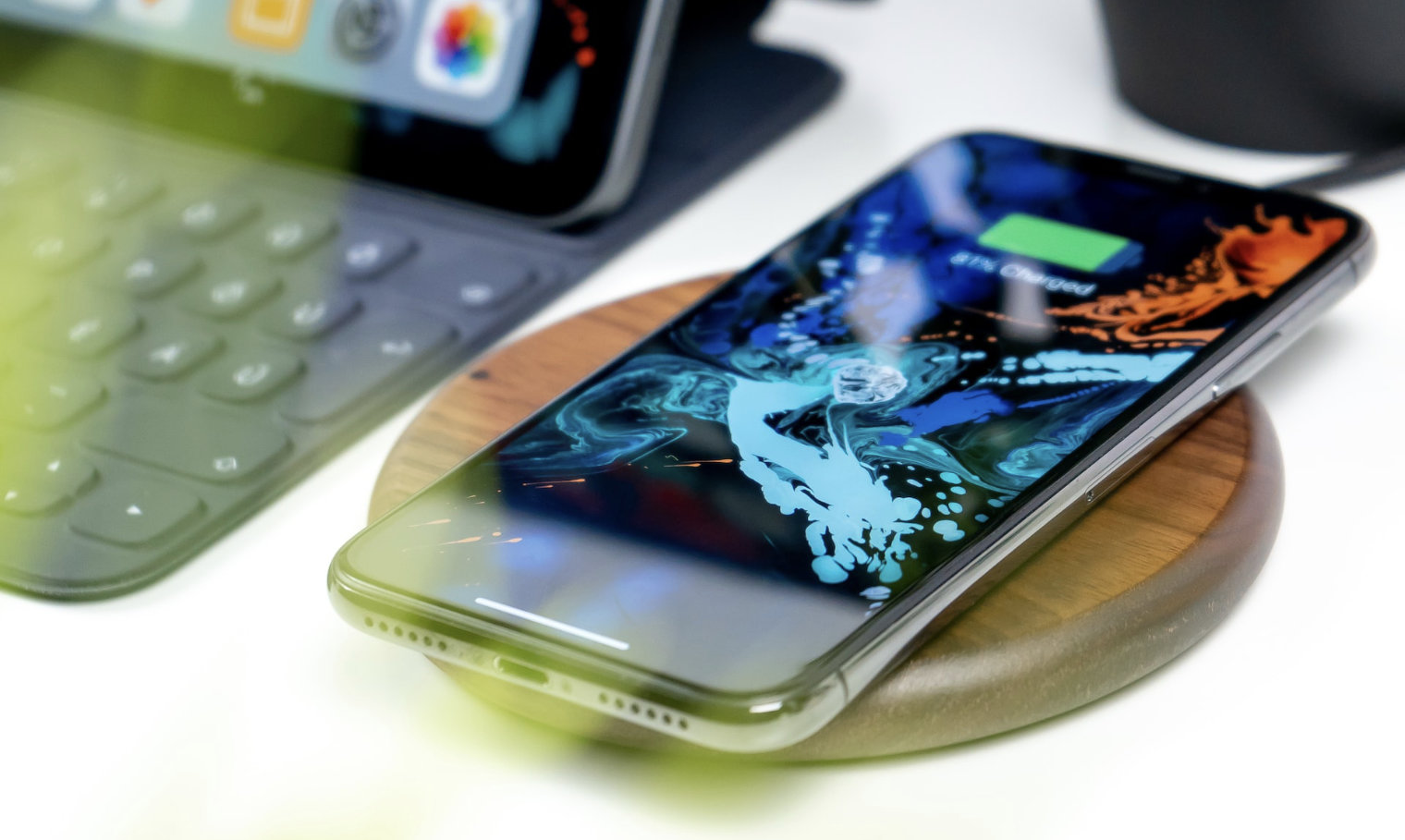
Is there anything to worry about?
You don't have to worry about the above-mentioned myths at all. As we mentioned in the very introduction, technology has advanced significantly over the past few years. In this regard, the iOS operating system itself plays an extremely important role, which smartly and carefully solves the entire charging process, thereby preventing possible damage. For this reason, for example, the aforementioned fast charging is partially limited. This is because the battery is only charged up to 50% of the maximum possible power. Subsequently, the whole process begins to slow down so that the battery is not overloaded unnecessarily, which would reduce its lifespan. The same is true in other cases.
It could be interest you
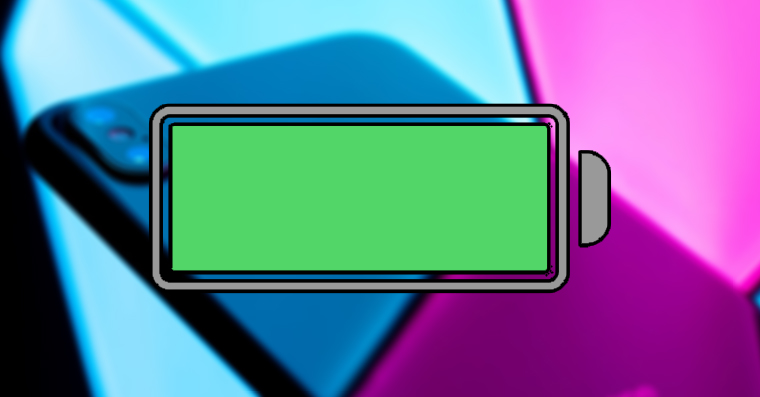
 Adam Kos
Adam Kos 